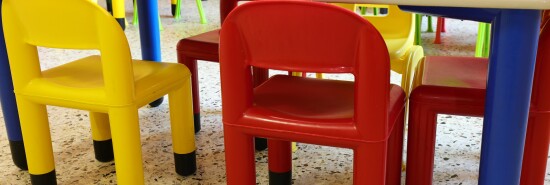
Depopulation is a choice
Washington Examiner
Video Embed
Unless something drastically changes, the United States will start experiencing more deaths than births by 2038, according to the Census Bureau’s National Population Projections released last week. Even with current levels of immigration, that would mean our overall population would start declining by 2080.
If you are a radical environmentalist like Rep. Alexandria Ocasio-Cortez (D-NY), fewer people is a good thing because it means fewer carbon emissions and a cooler planet. But for normal people, a declining population only brings pain in the form of weak economic growth, impoverished young families, and lonely adults.
WHAT THE GOP CAN LEARN FROM 2023
On the economic side, the older a population is, the fewer workers there are to support those too old to work. This means that any productivity achieved by the overall economy is consumed by retirees, not younger workers.
Older people also require more services, such as healthcare and housecleaning, but fewer goods, such as cars and computers, than younger people. This means more spending on low-wage service sectors and fewer investments on infrastructure and manufacturing, sectors that have long provided high stable wages to support young families. Additionally, most innovations come from younger people, so the older a society is, the less innovative it is and more prone to stagnation and recession.
Population decline has social costs as well in the form of fewer siblings, who are often adults’ best friends and emergency contacts later in life, and more childless senior citizens, who are far more likely to be lonely in old age than those with children.
A future America with a declining population is a poor and lonely America.
Despite what many believe, our soon-to-be-declining population is not being caused by women who prefer to pursue careers over family. Women’s stated desire for children has actually remained remarkably stable since 1950 at around 2.5 children per woman.
The problem is that women are not having the children they say they want, and the reason women are failing to have the children they want is because of the decline of marriage.
Women are less likely to get married today than ever before, and when they do get married, they are getting married later in life. Married women have far more children than single women. For every woman who can’t find a husband, or finds Mister Right too late, there are more women who are not having the number of children they said they wanted.
Women who do get married, and get married early, are much more likely to have large families than those who don’t. Half of women who get married in their early 20s end up having at least three children, compared to just 33% of women who get married after age 30. By contrast, more than 60% of women who get married in their 30s have two children or fewer.
Despite the constant messaging from contemporary Hollywood that women don’t need marriage to be happy, studies show that married women are happier than their unmarried counterparts, and the vast majority of never married women still want to be married someday. (Divorced and widowed women are far less likely to want to get married again.)
CLICK HERE TO READ MORE FROM THE WASHINGTON EXAMINER
If we want to turn our nation’s population decline around, we are going to have to find ways to help more women get married. That means less low-skill immigration, thus raising wages and making more men marriageable. It means building more houses to make it easier for young couples to afford a private place to start a life together. It means reforming our welfare state so that those women using social safety net programs are not punished for marrying the men in their lives.
These are all achievable policy reforms. We can reverse our population decline by increasing marriage. We just need to find the political will to do so.
